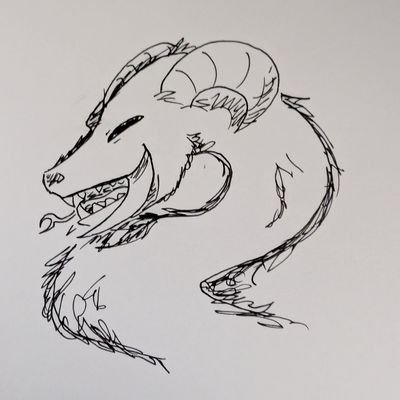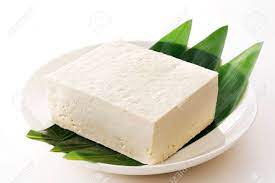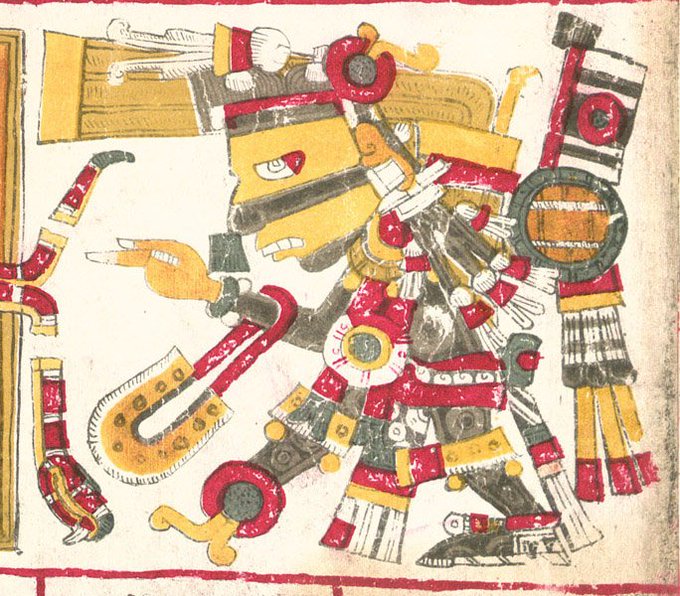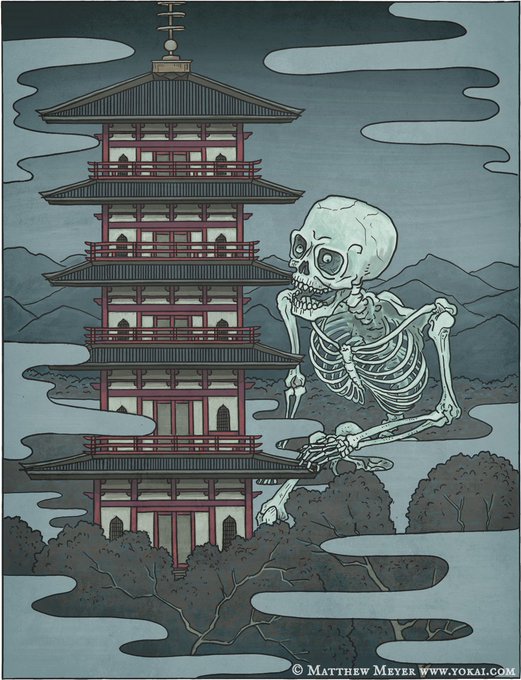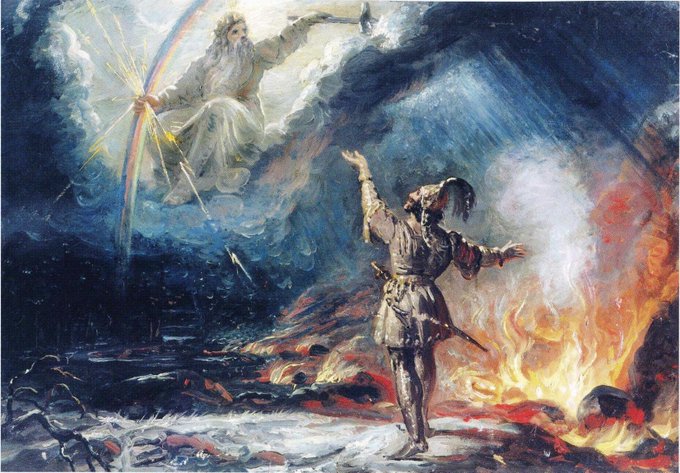#FolkloreThursday In Aztec religion, Tezcatlipoca was the god of the night sky, the night winds, hurricanes, the north, the earth, obsidian, enmity, discord, rulership, divination, temptation, jaguars, sorcery, beauty, war, and strife.
#FairyTaleTuesday In Scottish mythology, Selkie are seals that can become human by shedding there skin.
#FolkloreThursday The Gashadokuro is a yokai that take the form of a gaint skeleton. They are said to roam around at past midnight looking for lone humans. They then bite the persons head off and drink their blood.
#FolkloreThursday Mielikki is the Finnish goddess of forests and the hunt. She is said to have played a central role in the creation of the bear.
@FolkloreThurs #FolkloreThursday Ukko is the Finnish and Estonian god of the sky, weather, harvest and thunder. His name means male grandparent, grandfather, old man in Finnish.
#FolkloreThursday Māui wanted to know where fire came from, so one night he went among the villages of his people and put all the fires out. Māui's mother Taranga, who was their rangatira, said that someone would have to ask Mahuika, the goddess of fire, for more.
#folklorethursday Peach blossoms are highly prized in Chinese culture. The ancient Chinese believed the peach to possess more vitality than any other tree because their blossoms appear before leaves sprout.
#MythologyMonday Devana is the Slavic equivalent of the Roman goddess Diana, and Greek Artemis. She is the goddess of the wild, nature, forests, and the hunt.
